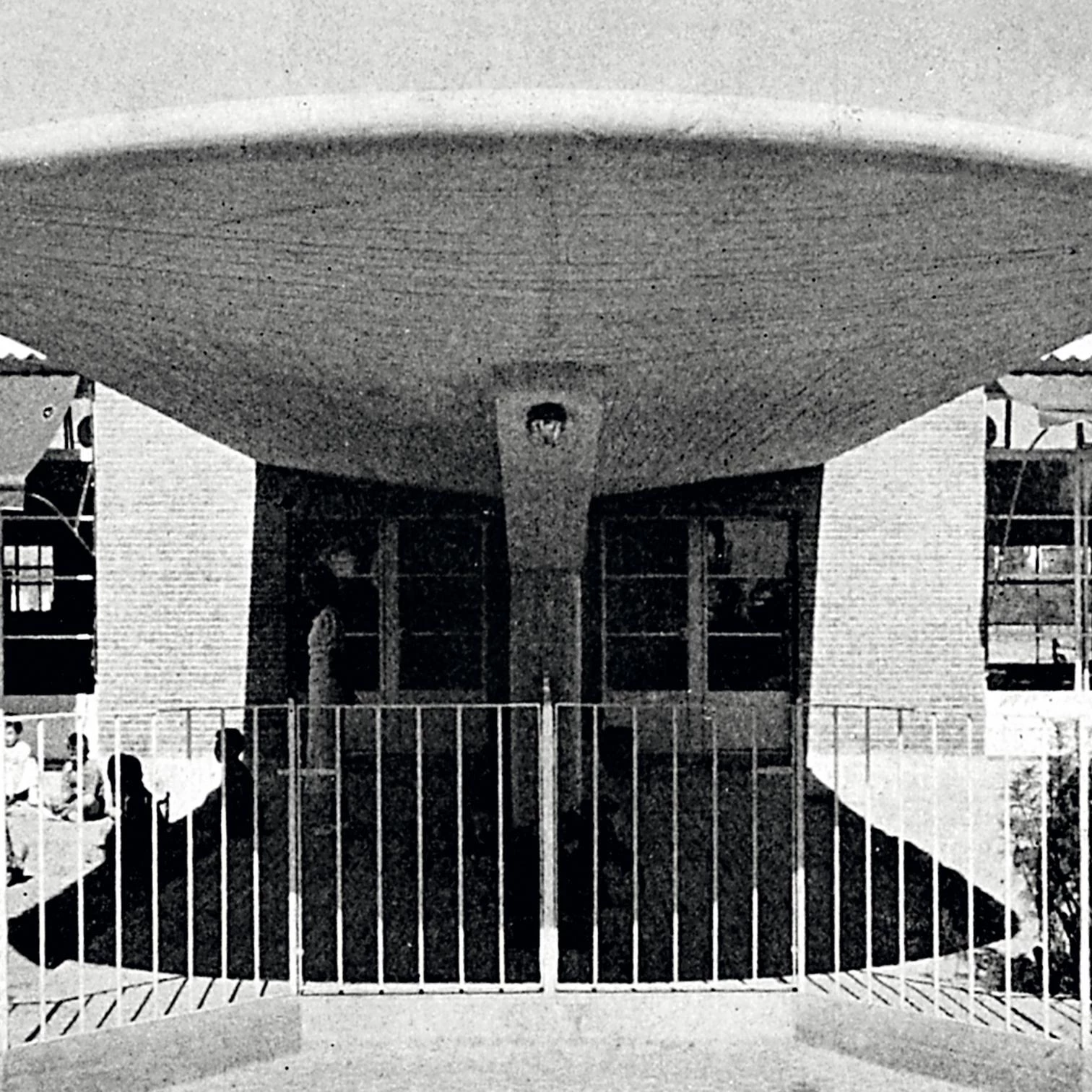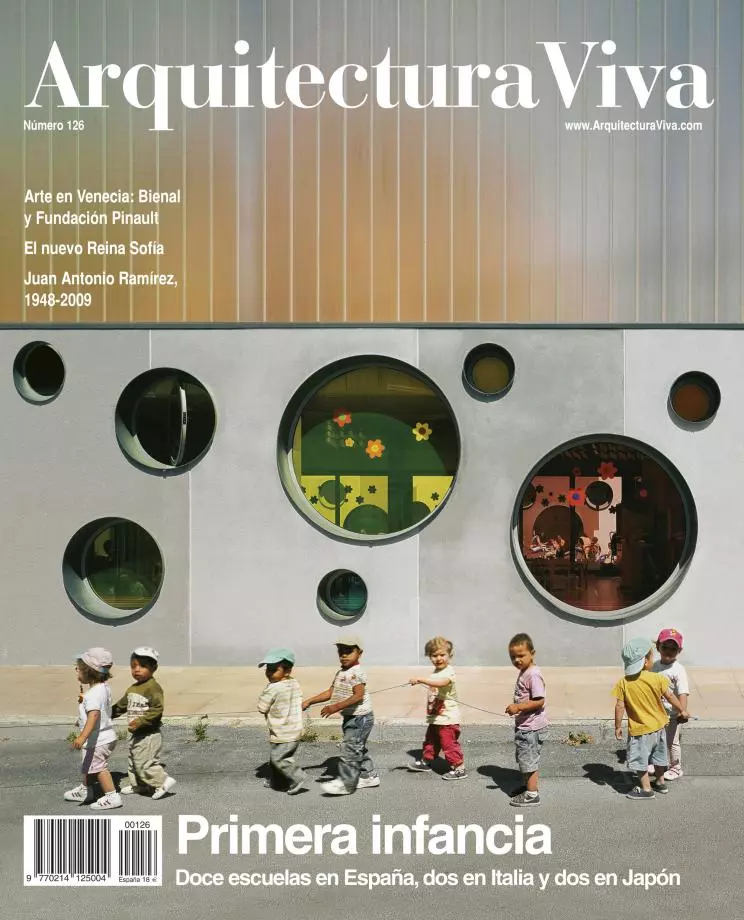
If our society must regenerate itself, it should start with childhood. The demoralization caused by the corruption of elites, the degradation of masses and the global collapse of good government – what they now call governance – can only be tackled from the first years of school. Our character and emotions have been shaped in that bright womb, and perhaps we need to go back to that first home to repair at the root the muddled foliage of our world. Few years are as critical as the first ones of children, and maybe few influences as decisive as the spaces where they grow up in: no architecture has a greater importance in our development than that of kindergartens, where we become at once autonomous individuals and social beings, formed by a built context that speaks to us in silence.
All the pedagogical utopias have engendered their own school buildings, and from?Pestalozzi,?Froebel,?Steiner or Montessori to the present concern with technological stimulation and physical protection, without forgetting the hygienic functionalism of the avant-gardes or the playful informalism of carefree prosperity, each society has dreamt its school architecture. But today we do not know well if our schools should be cozy homes or stark institutions, if education must offer comfortable entertainment or ascetic forging of character, if its architectures must provide friendly facilities or rigorous spaces, colored variety or orderly precincts. But one thing is certain, that good schools strengthen self-esteem just as much as bad ones generate resentment, indifference and violence.
The current controversy about discipline in the classroom – in the French version of using respectful forms of address and the demand that students stand when the teacher arrives, or in the Spanish one of introducing platforms for teachers and considering them public authority – ignores the paradox pointed out by Hannah?Arendt (“by its own nature education cannot forgo either authority or tradition, and yet must proceed in a world that is neither structured by authority nor held together by tradition”) and also ignores that the emancipatory ideal of individual autonomy is not yet perceived as dysfunctional, even though it is tearing apart tightly woven social webs. Peter Sloterdijk may call for the retaming of the human species, but who dares nowadays to put limits to freedom??
Hence, ‘bad education’ spreads like a slow virus that erodes familiar landscapes to create a new physical and social territory where schools are only the materialization of the values we may decide to share. However, neither the leaders of the majority groups nor the enlightened minorities are able to express clearly which are these values in a changing world, and force us to evoke with nostalgia those times when the regenerationist ideals of Giner or Cossío brought about in?Spain the building of schools like those designed by Antonio?Flórez, with their solarium-roofs and their swimming pools, or nursery pavilions like those of the Instituto Escuela, that Arniches, Domínguez and?Torroja conceived with gardens, glass and weightless concrete: these canopies still shelter our dreams and our hopes.





